Throughout his career, 2016 Kaiser Permanente Extraordinary Nurse Award winner Richard Kimbrel, RN, BSN, MSN, has worked to help people in their most vulnerable moments.
“A medical emergency is one of the most vulnerable moments in anyone’s life,” said Richard Kimbrel. Throughout his career, he’s worked to help people at those moments.
Kimbrel was drawn to health care early, becoming an EMT at 18. Now assistant director of the Emergency Department at Kaiser Permanente’s Walnut Creek Medical Center, he leads a team of 200 in caring for more than 51,000 people each year.
Kimbrel shared some reflections on his nursing journey:
What made you want to become a nurse?
I worked as a flight paramedic for several years. One day the nurse partner I flew with said, ‘You’re a great paramedic, but have you ever thought about expanding your impact by becoming a nurse?’ That really resonated with me.
What do you love about nursing?
Being able to make a difference and touch people’s lives with empathy and compassion. I have been in health care for more than 25 years, and I’ve never felt like it was a job. I pinch myself every so often and think, ‘Do I really get paid to do this?’
What’s the most challenging part of your work?
Working with my team to develop the mindset that we are all creative problem-solvers has been incredibly challenging and rewarding. In the past, if we wanted to improve the way we moved patients from the Emergency Department to CT (a type of X-ray), some managers would go into a room, put their ideas on the wall with sticky notes, and write up new procedures. Then we’d give the procedures to our nursing staff, and the effort would fail.
But just last week we took on that problem using a very different approach. We brought together all the technologists, nurses, aides, and assistants who play a role. They described the current and desired states, identified barriers, and figured out how to remove them. Then they tested their ideas and created a set of best practices.
What was one of your most memorable moments as a nurse?
A few months ago, a woman stopped me as I was headed home and said, ‘I want to thank you for what you did the other day. My father’s heart had stopped, and things were chaotic. You came into the room, and you guided your team in a very calm manner. I believe that changed the outcome for my father.’ That was a wonderful affirmation that I’m doing the right thing.
Can you describe a professional achievement you’re proud of?
With stroke care, one of the things we are rated on is the amount of time from when a patient arrives at the hospital to when they receive a drug that stops brain damage. The American Heart Association recommends a goal of 60 minutes or less, but our region wanted to do even better. I was part of a multidisciplinary team that led that effort. We brought our ‘door to needle’ time down to below 45 minutes on average, and now we’re working toward the 30-minute mark. The workflow we developed is being used in 21 Kaiser Permanente hospitals throughout Northern California.
What advice do you have for nurses who are new to Kaiser Permanente?
This organization offers so much opportunity. You can move laterally into different specialties. You can move vertically into leadership. You can work in an inpatient or outpatient setting, in prevention or research. Seize those opportunities, and be part of making Kaiser Permanente even better.
What would people be surprised to learn about you?
I still get nervous sometimes. Like everybody else, I am still learning, and there’s a lot I don’t know!
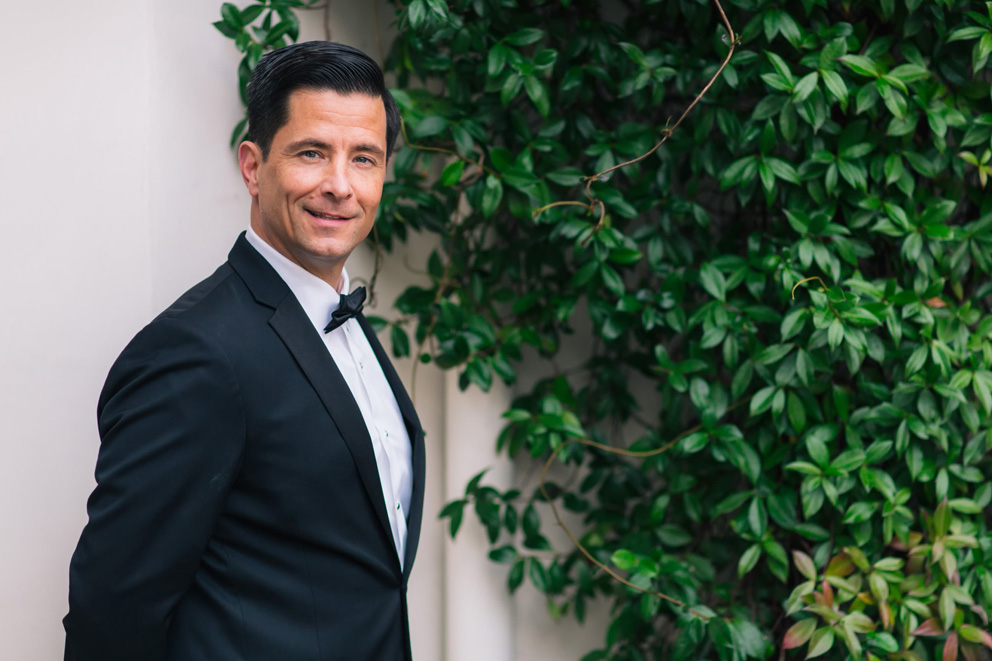
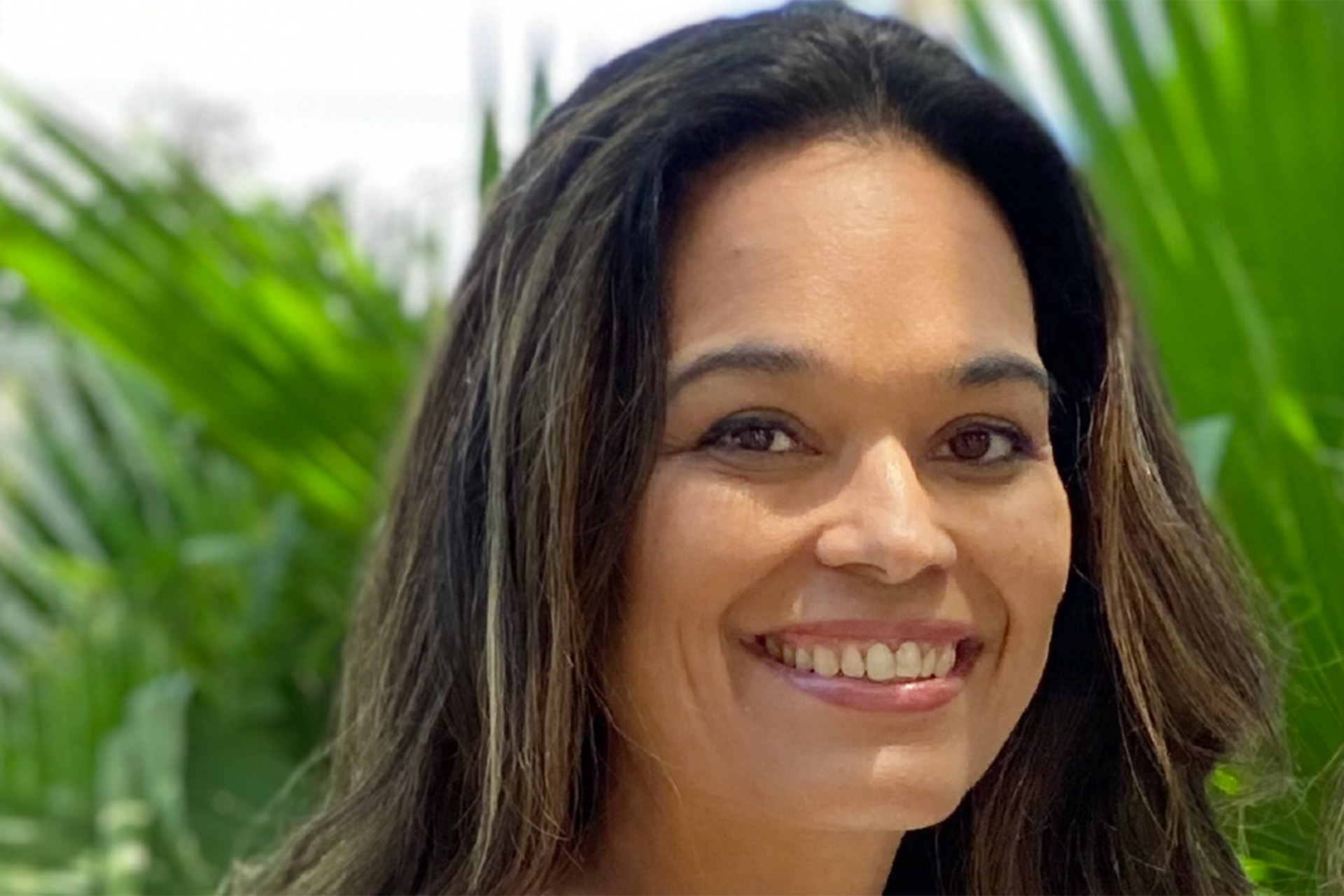
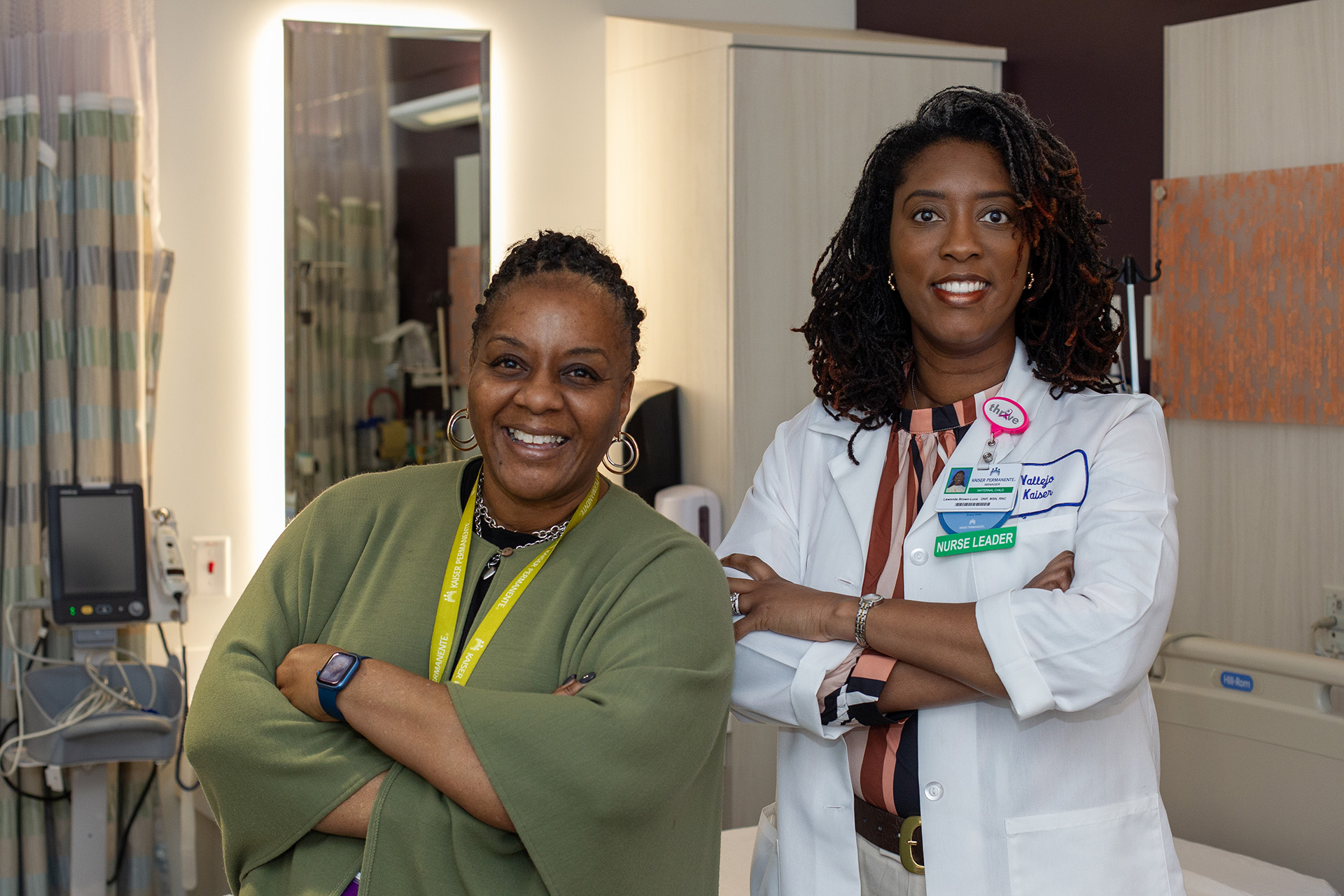
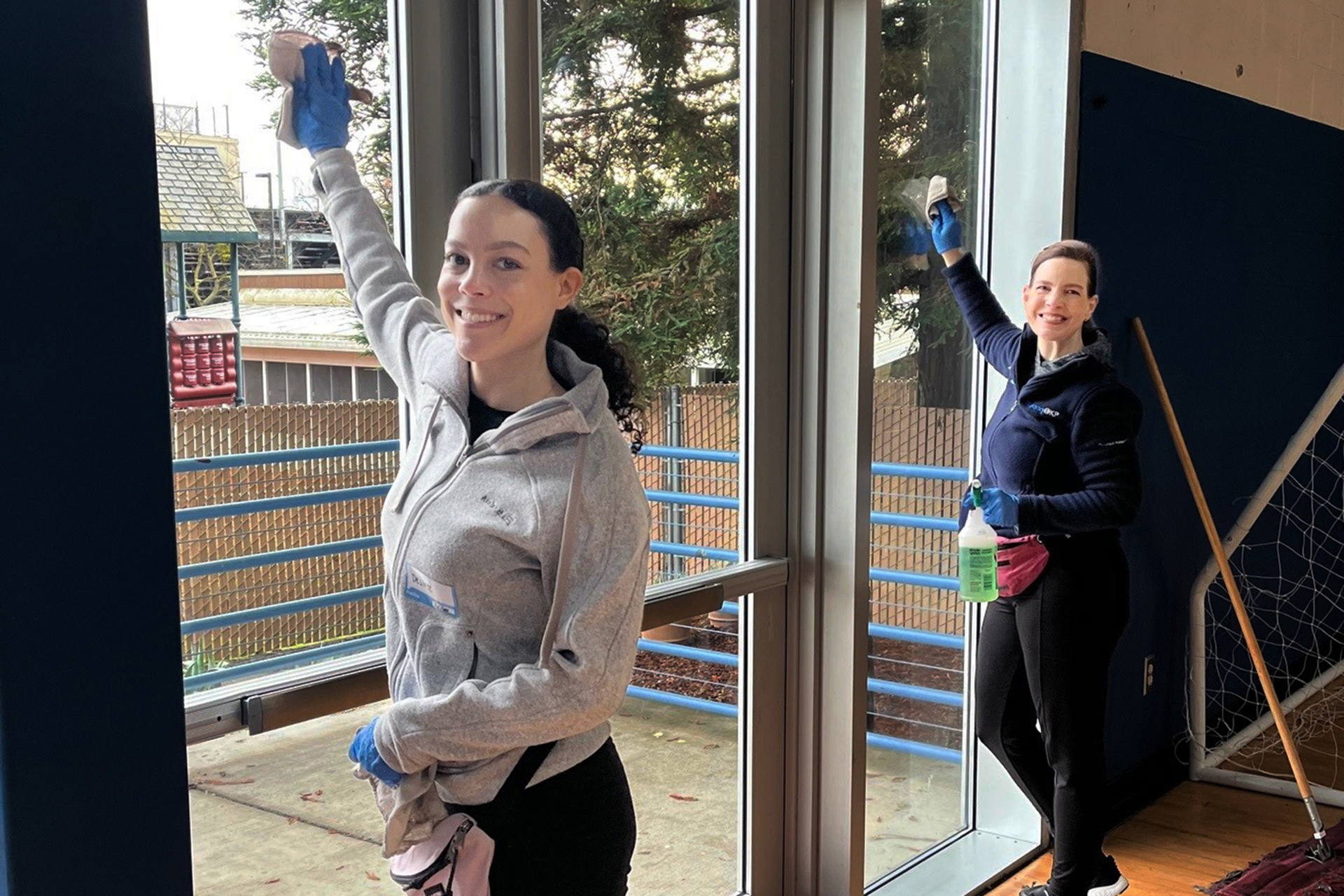
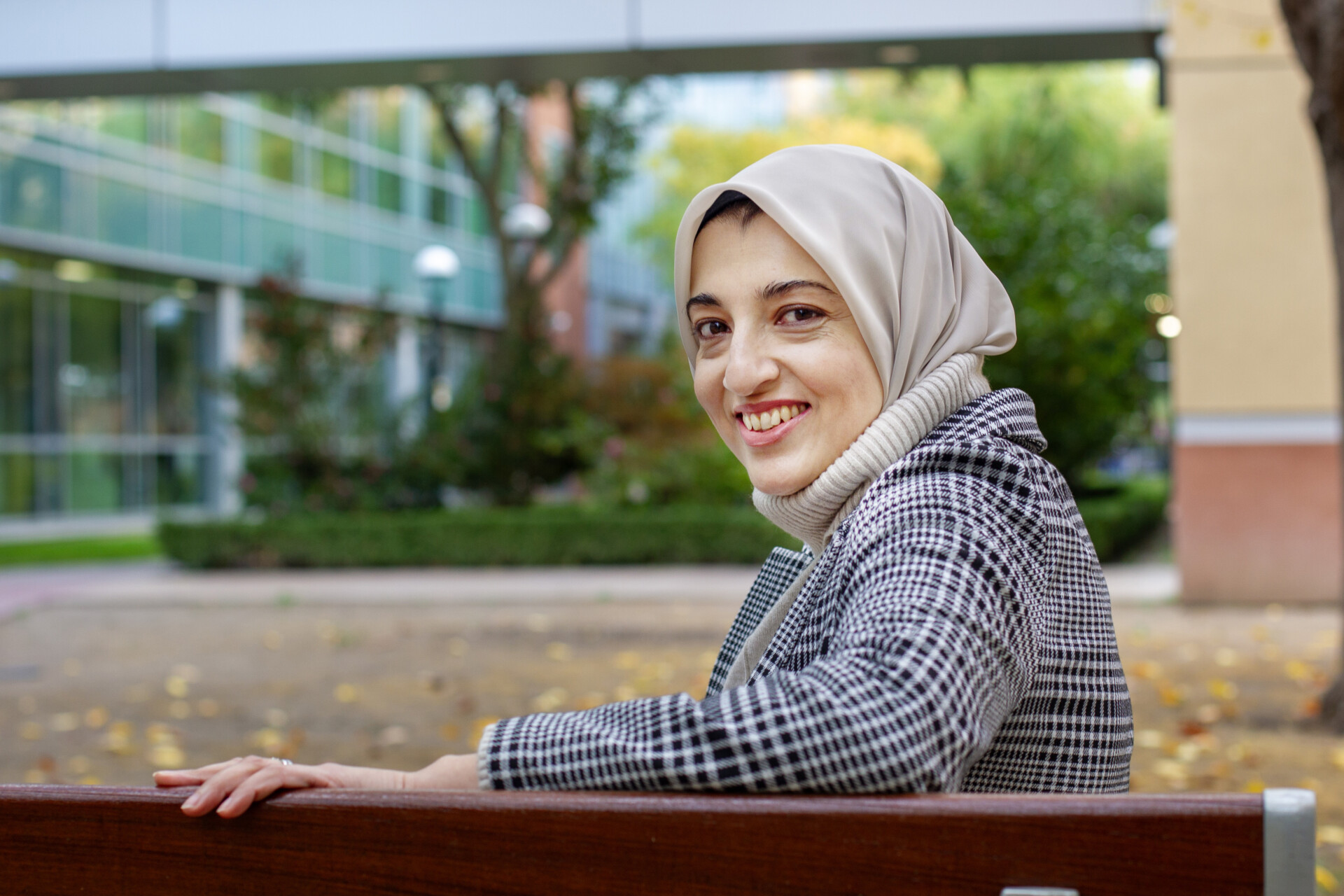
This Post Has 2 Comments
I thought I was looking at Stephen Colbert hosting the Oscars! On a serious note, thank you for all you do!
If anything, Rich is passionate about nursing and has unflagging energy. He loves to teach and share his vast knowledge with his team. Having worked with Rich in the Emergency Department in Walnut Creek, I can attest to his dedication and commitment to excellent patient care and how to improve each patient’s experience.